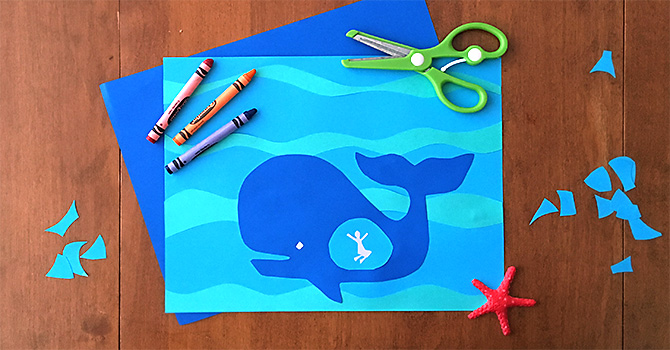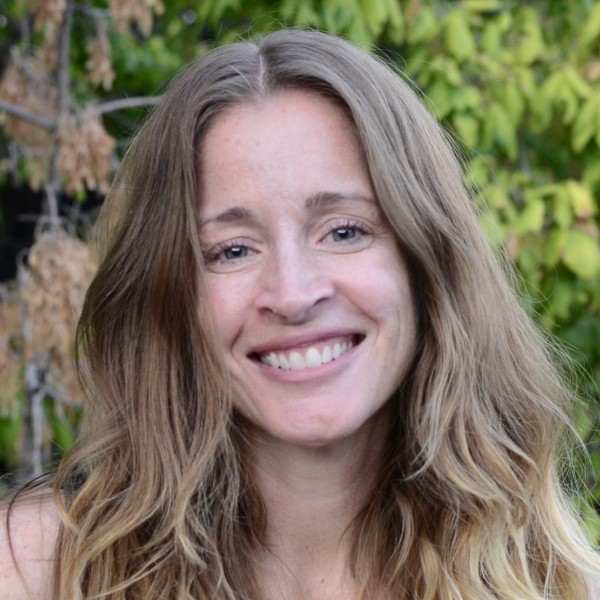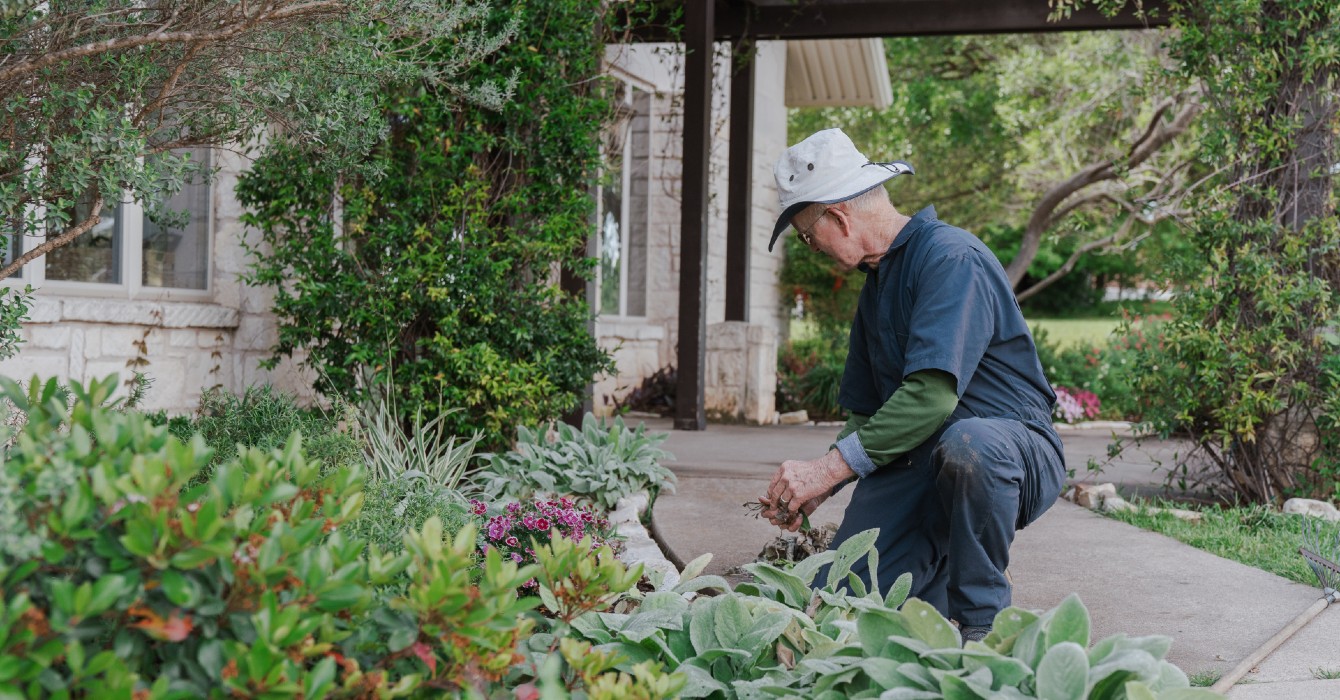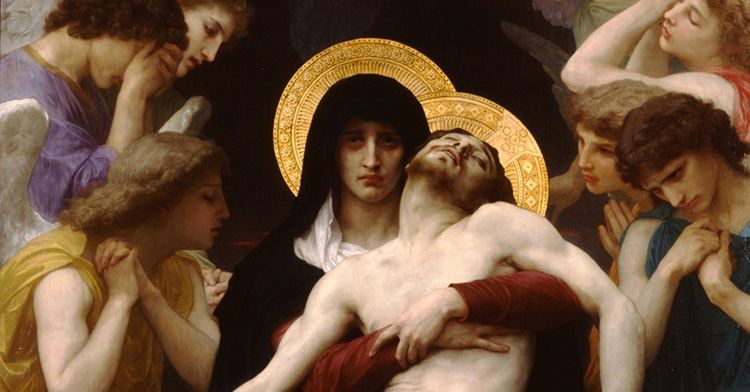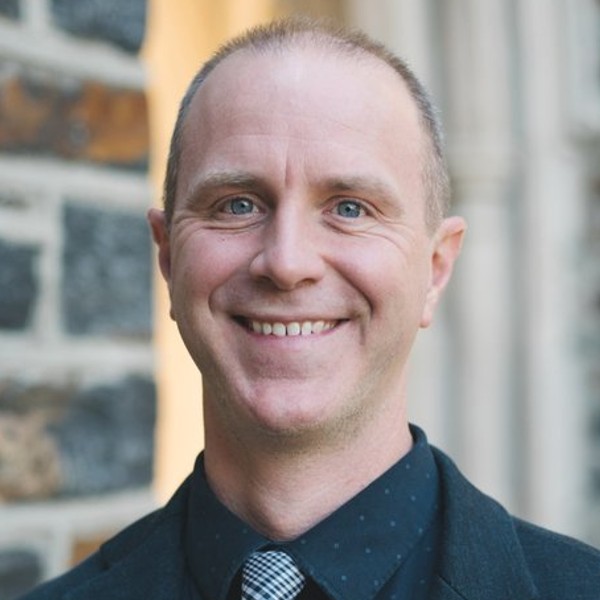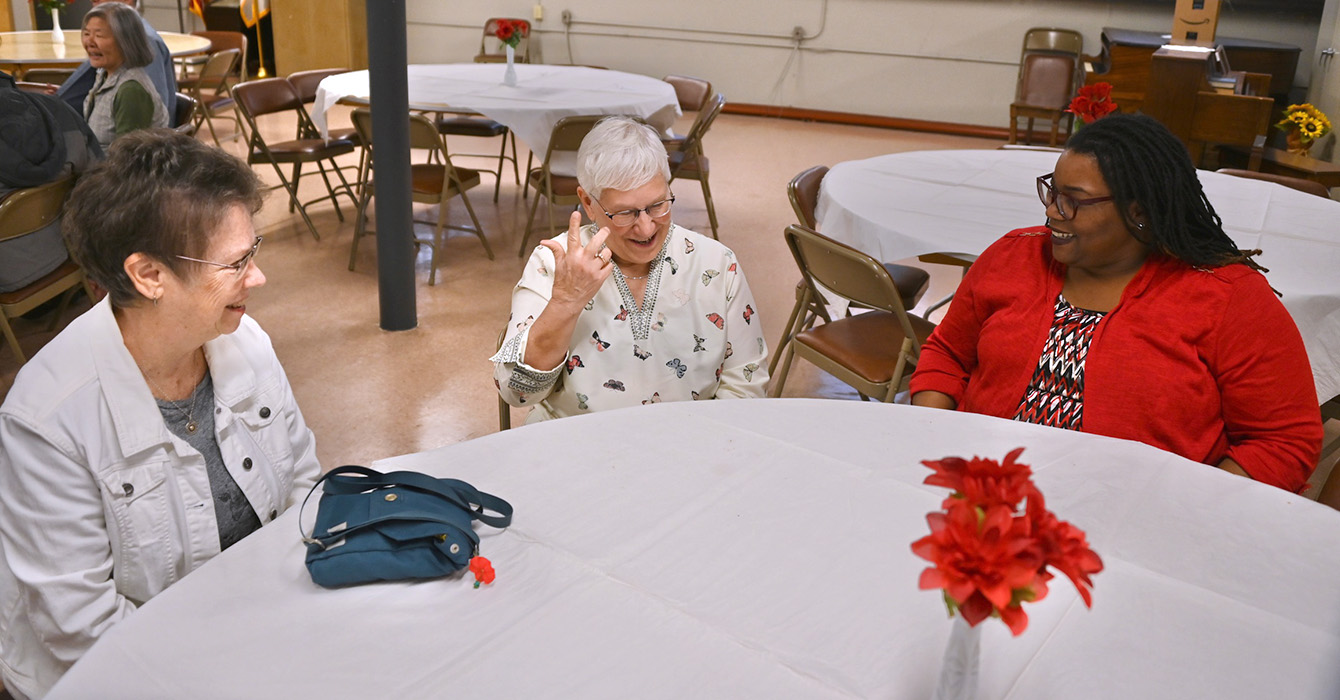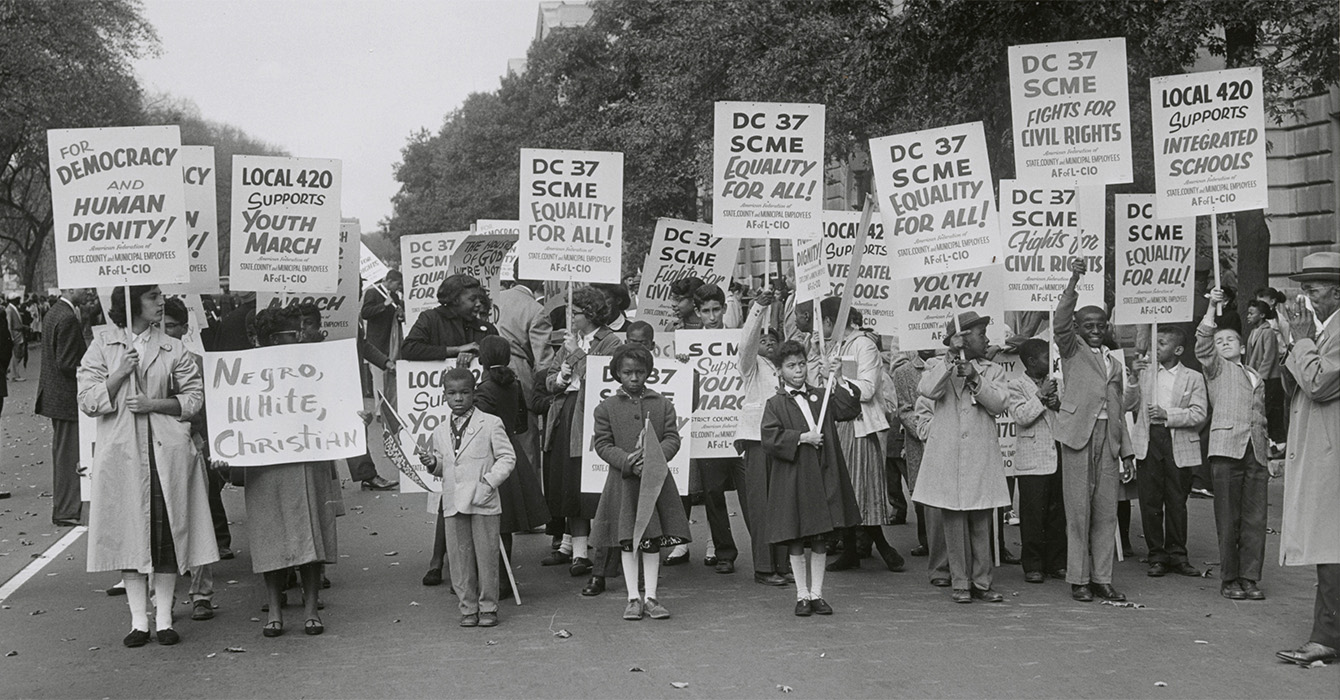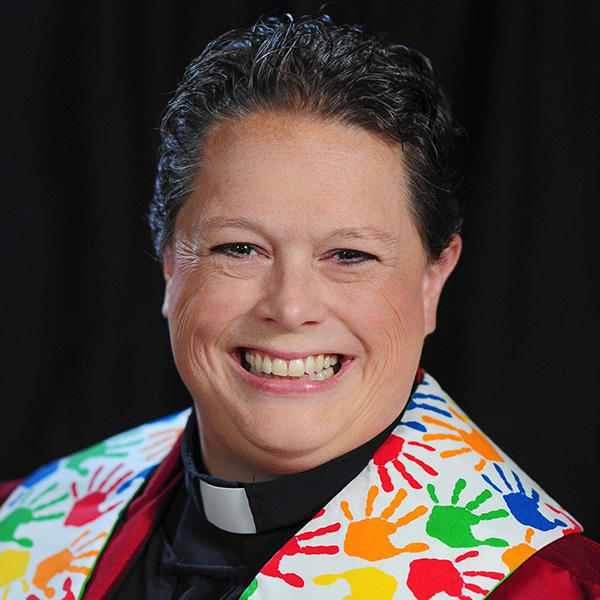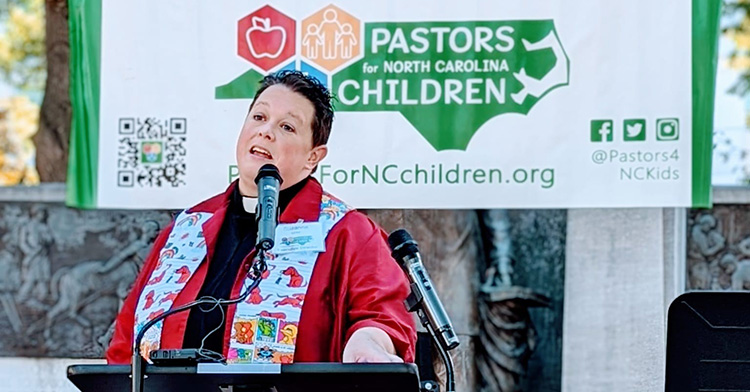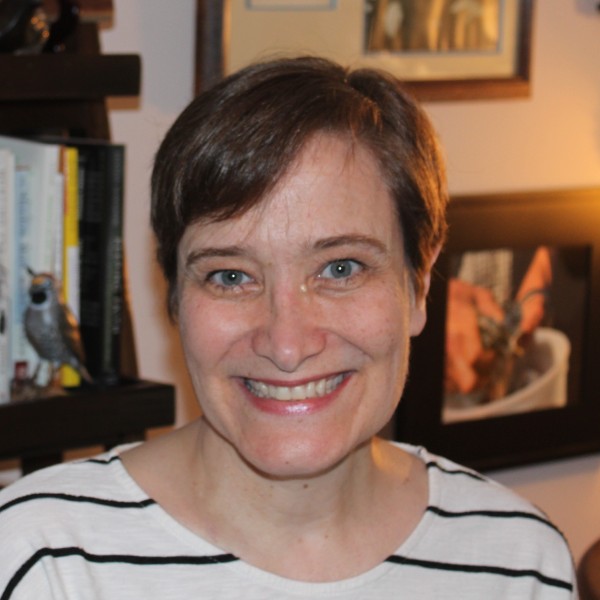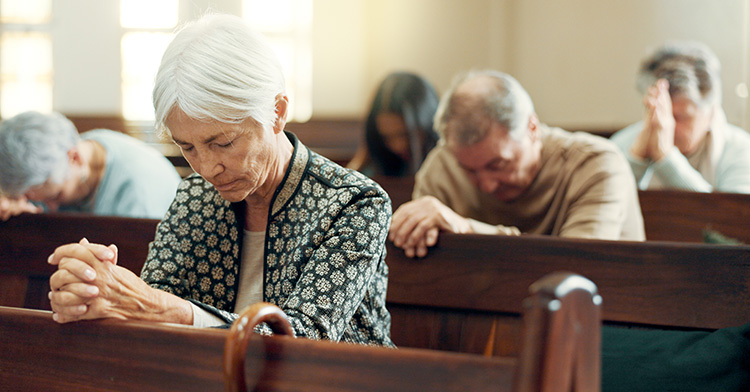As a boy growing up on the Caribbean island of Montserrat, I attended Sunday school by mandate if not always choice. But Vacation Bible School was never on our Methodist church agenda.
My introduction to VBS was tinged with juvenile mischief. A Baptist missionary family rented a house in my neighborhood as both a home and a place of worship. In their yard was a shady guinep tree, loaded with the sweet fruit that was a source of delight to me and my boyhood friends.
One summer day, while Pastor Gumbs taught VBS inside, my friends and I clambered up his guinep tree. We sat on the limbs as we picked and ate the marble-size fruit. Pastor Gumbs must have heard our voices and the rustling of the leaves, because he came outside and ordered us out of the tree.
“Come down,” he yelled, waving his leather belt menacingly.
I was a different sort of Zacchaeus. My trespass wasn’t just larceny.
Desperate to escape a whipping, I leaped from my perch, hit the dirt yard on all fours, dodged Pastor Gumbs’ belt and took off running. When I reached a safe distance, I stopped and looked back to see my friends climbing down from the tree, where Pastor Gumbs awaited them.
The belt waving was just blustering, however. He let them off with a stern lecture -- then invited them to VBS.
Since my friends were attending VBS, I spent the rest of that day alone. Then, for the rest of the week, I joined them. We heard Bible stories and learned songs of the faith. Those days of art and games and song, a respite from summer days of cricket on the asphalt streets and stealing our neighbors’ fruits, were buried in a time capsule of boyhood memory.
Indeed, that was my only VBS experience for half a century.
In those five decades, I’ve been a Sunday school teacher in Montserrat, a Wednesday chapel servicegoer in college, a lapsed churchgoer, a Presbyterian, a nondenominationalist and an African Methodist Episcopalian.
At this point, I’ve lived in America for more than 35 years. I have lived in Washington, D.C.; New York City; Charlotte, North Carolina; and Tampa and Tallahassee, Florida.
My walk of faith has been as meandering as my career, as nomadic as my life.
My recent rediscovery of Sunday school and VBS in middle age coincided with a joyful renewal and deepening of the faith of my youth, and finding a place to call home.
I found New Mount Zion AME Church in Tallahassee the old-fashioned way: I Googled it.
Shortly after moving to Florida’s capital to teach journalism at Florida A&M University in 2008, I searched for houses of worship with an early service close to my apartment. New Mount Zion AME filled the bill.
Sunday services opened the door to Wednesday night Bible studies. At the time, I was living four hours away from my wife and two children in Tampa, and the grandmothers of New Mount Zion welcomed me with open arms. They made me feel at home far away from home. They even convinced me to volunteer to help prepare breakfast before service, and I got to know my fellow church members.
Whenever I wasn’t commuting to Tampa to see my wife and children on weekends, I’d attend Sunday school.
At New Mount Zion, the classes are loosely structured. The leader is more a facilitator than a teacher. The emphasis is on sharing. Participants are allowed to tell what the words mean to them. We break the bread buffet-style. Each person talks about what the Bible verses mean to them. The Word comes to life.
I tell my friends I go to church so I can attend Sunday school. If the sermon is the appetizer, then to me, the Sunday school lesson is the entree. The 90 minutes after church are a highlight of my week.
In Sunday school, I’ve come to appreciate that the parable of the prodigal son is not just a tale about a forgiving father. It is also about the rebellious baby of the family who intuitively knows the depths of his father’s love in ways his compliant but resentful older brother never could. Those lessons will last a lifetime.
But for a decade, it was just Sunday school. Each summer, when VBS was announced, I thought, “VBS is for children.” I ignored the decorated classrooms and the excitement with which my fellow class members rehashed the week of VBS.
I was wrong about VBS at New Mount Zion AME. It’s designed as a family evening event, with food, and activities even for adults -- fun things like crafts, but also serious discussions.
In 2018, the door to serve opened.
“Can you teach VBS? Just one night?” The request came from one of the co-organizers. I couldn’t refuse.
I taught adults ages 26 to 45. It was exhilarating to pass along my experience as a 50-something to a younger generation. I taught a lesson focused on King Hezekiah’s prayer for deliverance from the Assyrians (2 Kings 19:15-19). Like Solomon in the temple (1 Kings 8:22-53) and Jabez (1 Chronicles 4:10), the embattled king of Judah used specific language in his prayer.
More than 30 adults came. They spoke about their lives and their challenges. They walked away with more tools to cope. I learned their names and was introduced to the lives behind the facades.
I was hooked. VBS is like a Sunday school summer revival. It made me want to serve.
So in 2019, I didn’t wait for an invitation. I volunteered, not for one night but for three nights. I attended orientation to review the teaching material and strategy. I taught young adults and older adults.
On the nights when I didn’t teach, I sat in the packed pews as a student. The final night was a powerful lesson on gun violence. A mother from my class talked about her son, who was killed a few years ago. The perils of Tallahassee’s streets make my island childhood seem idyllic, my fruit pilfering a childish pastime.
The teenage Sunday school teachers of my youth stood and lectured from the textbook. I prefer to use the whiteboard, and to ask questions rather than pretend to have all the answers.
When we read Solomon’s speech and prayer in 1 Kings 8, I ask them: What are the words that come to mind? Adoration, acknowledgment, anointing, agreement, absolution, abundance, answer. As a writer, I like to build word trees.
Stories from earlier millennia are resurrected in our 21st-century setting. Imagine the stories about Jesus’ miracles being spread on social media, I say. Or the reality TV-like drama that was the reign of King David.
The seed planted so many years ago by Pastor Gumbs has become what our main teacher describes as the “bedrock” of our relationship with God.
In Sunday school, she says, “believers come together to interact, to communicate and to relate.”
It is a bedrock, not just for my relationship with God, but for my relationship with my fellow Christians. We learn to love each other, foibles and all. We are no longer strangers. The Word lives. And so do we. It gives us hope and makes us want to experience lives of joyous anticipation.



